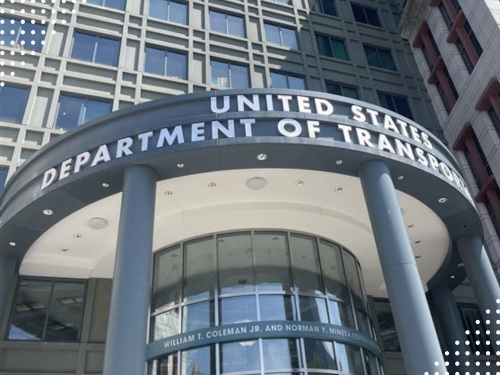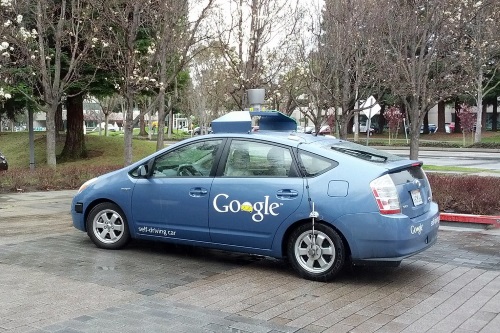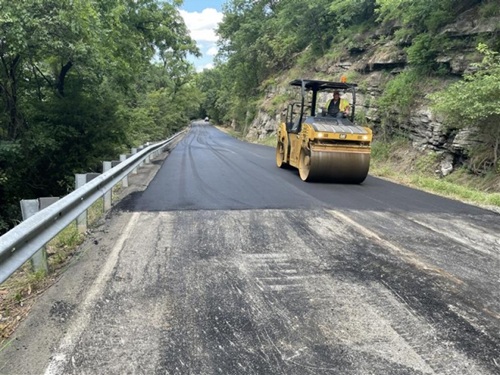A new survey of 1,200 American adults sponsored by Partners for Automated Vehicle Education or PAVE finds most continue to be “wary” of fully autonomous vehicles (AVs) – with that “skepticism and mistrust” rooted in a lack of knowledge about and exposure to AVs, rather than specific incidents such as the 2018 crash of an Uber autonomous test vehicle in Tempe, Ariz.
[Above photo via Google.]
Yet PAVE – a coalition of industry players and nonprofits aimed at improving the public’s understanding of autonomous vehicles – noted that 60 percent of those polled indicate that more education and experience with AVs would improve trust in the technology, while 58 percent said they would have greater trust in AVs if they could experience a ride in one.

“The results of this survey confirm that autonomous vehicles face major perception challenges, and that education and outreach are the keys to improving trust,” said Tara Andringa, PAVE’s executive director. “These insights provide both motivation and direction to our effort to confront this educational challenge.”
Still, the group’s poll results show that “distrust” of AVs remains high among American consumers, mirroring similar findings in surveys conducted by AAA, among others:
- Nearly three in four Americans say AV technology is “not ready for primetime.”
- About 48 percent of Americans say they “would never get in a taxi or ride-share vehicle that was being driven autonomously.”
- Some 58 percent think safe AVs will be available in ten years, and 20 percent believe they will never be safe.
- Only 34 percent of Americans think “the advantages of AVs outweigh any potential disadvantages.”
- Only 18 percent of Americans agree with the statement, “if there was a website to get on a waiting list for the first AV, I’d put my name down.”
Similar concerns were expressed during a February 11 hearing held by the House of Representatives Committee on Energy and Commerce.

“Safety and deployment must come hand in hand – we cannot have one without the other,” noted Rep. Frank Pallone, Jr., D-N.J., the committee’s chair, in his remarks at that hearing.
“Because, ultimately, public acceptance of self-driving cars depends on their reliability and safety,” he said. “Troubling safety incidents, regulatory black holes, and lax oversight threaten to disrupt this critical balance and the future of this technology itself.”
 Nation
Nation


